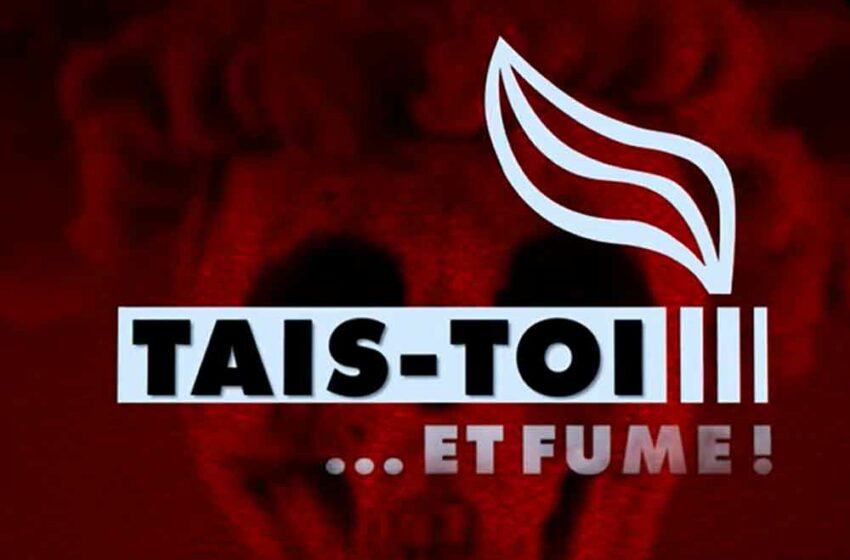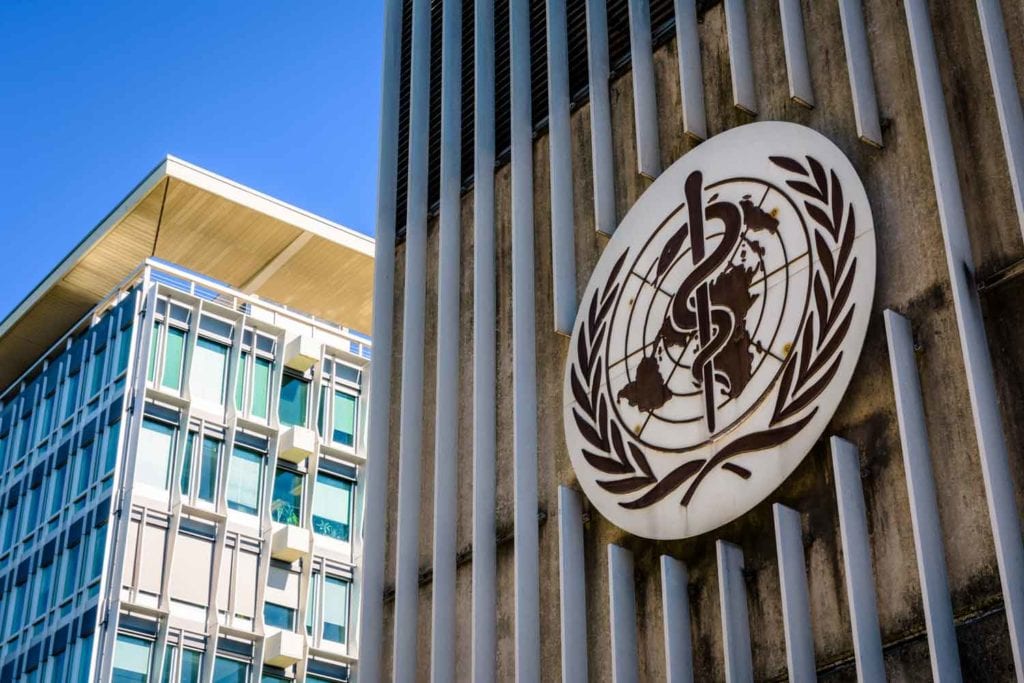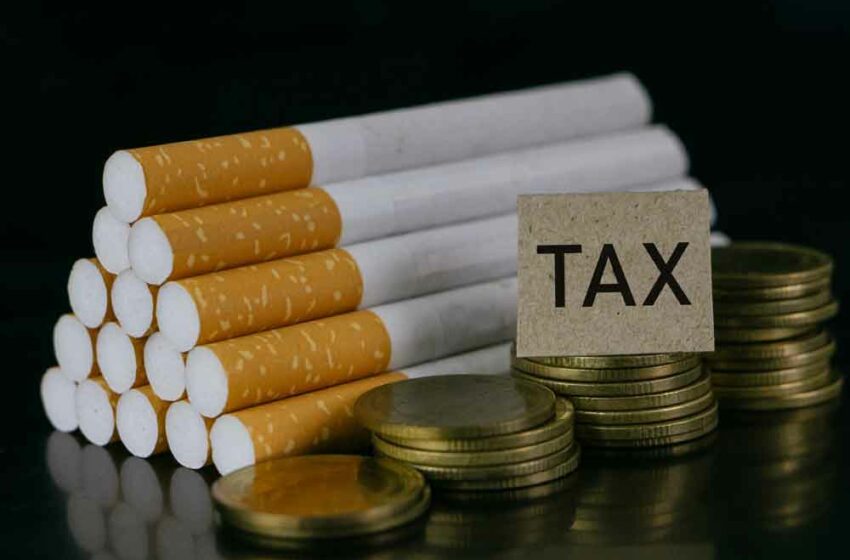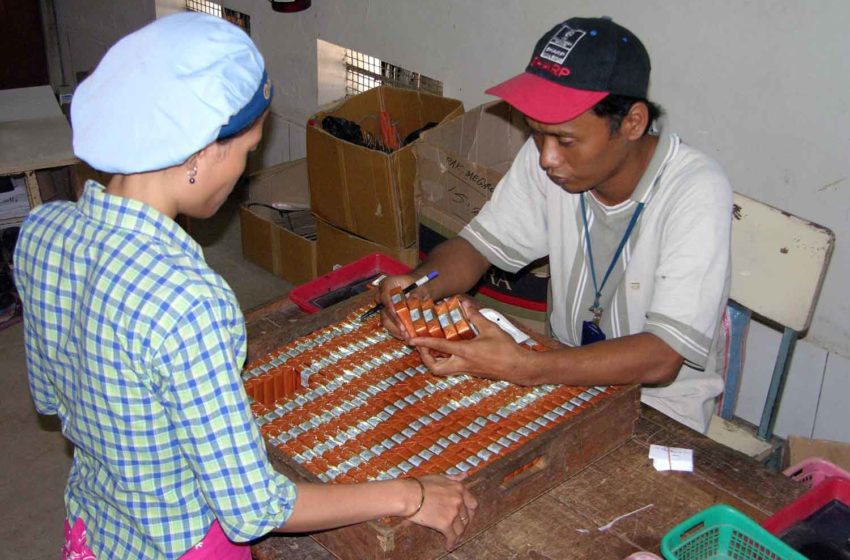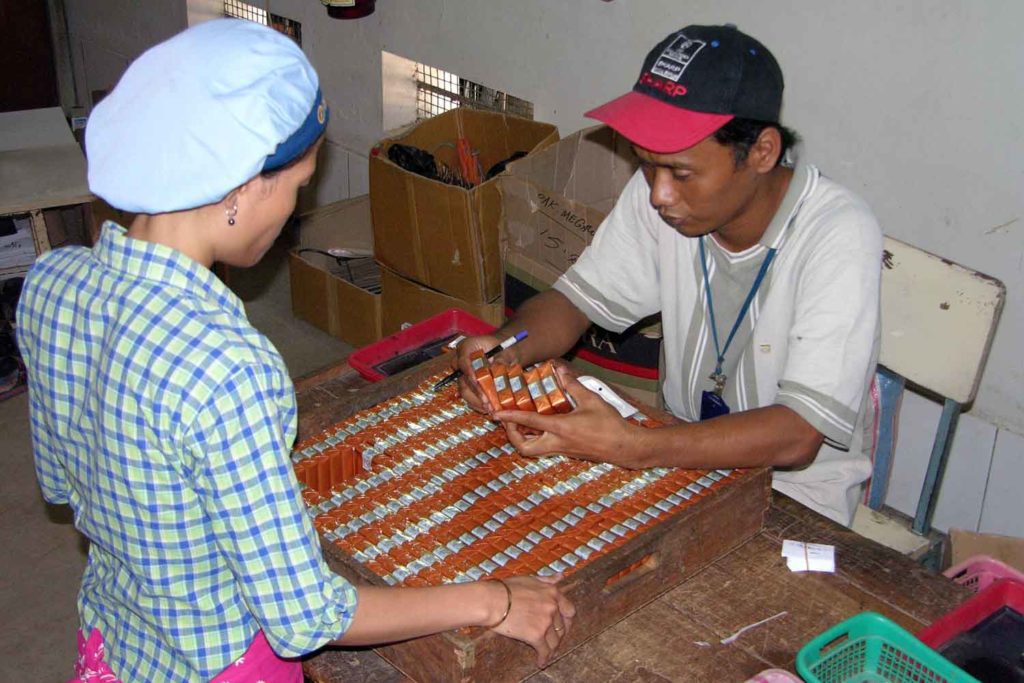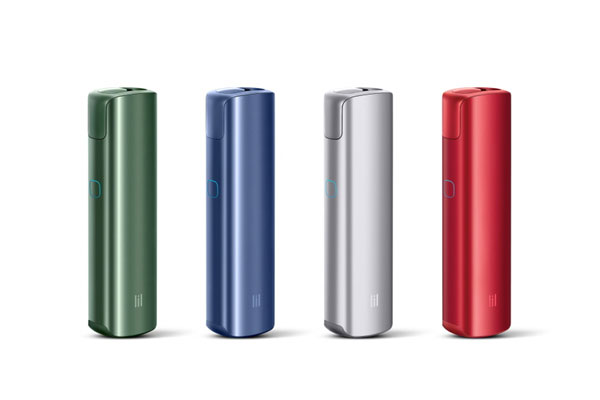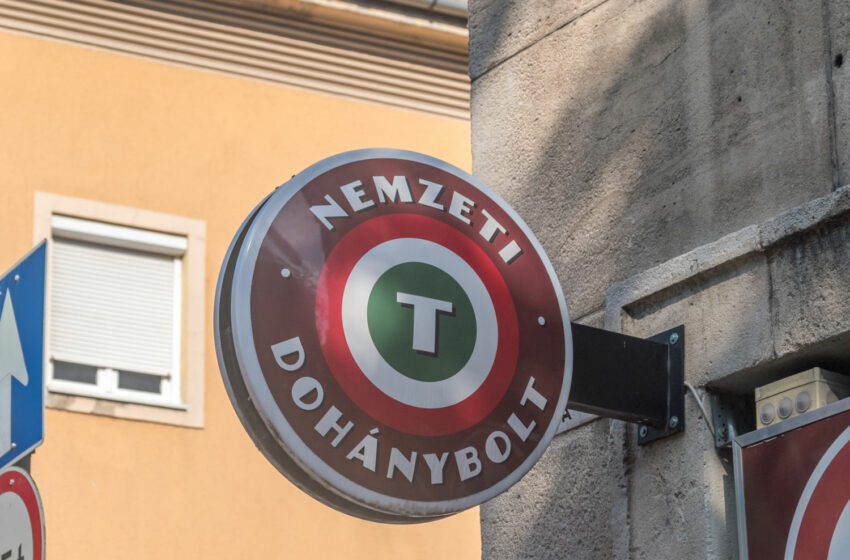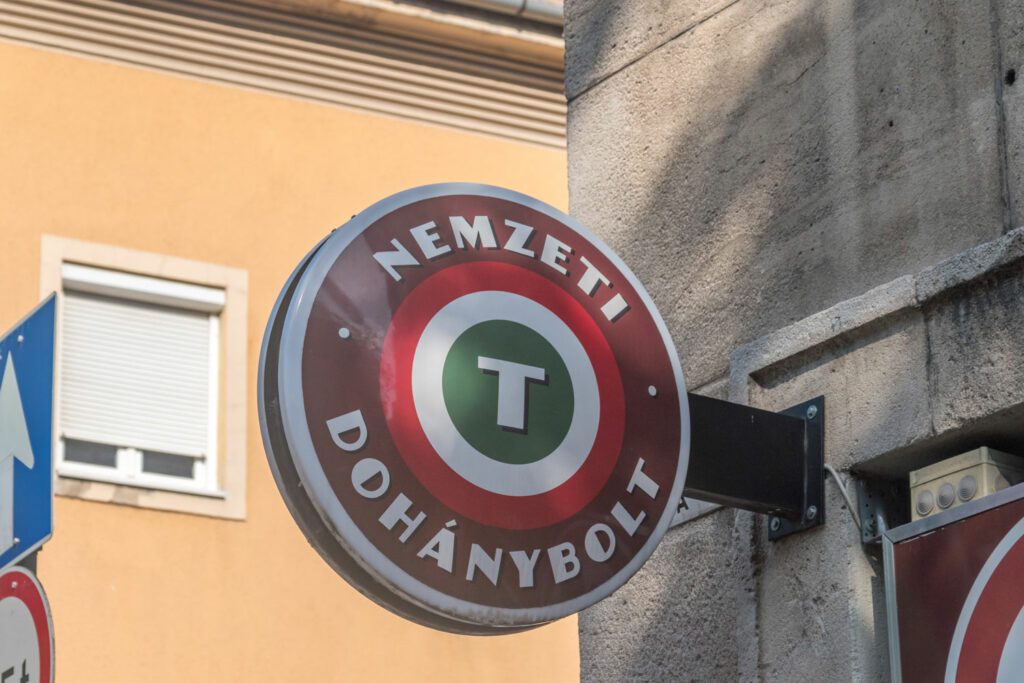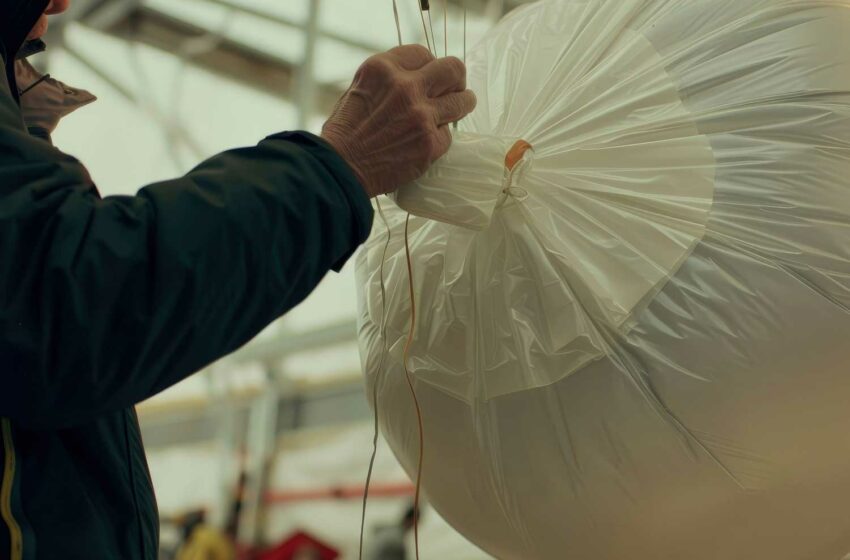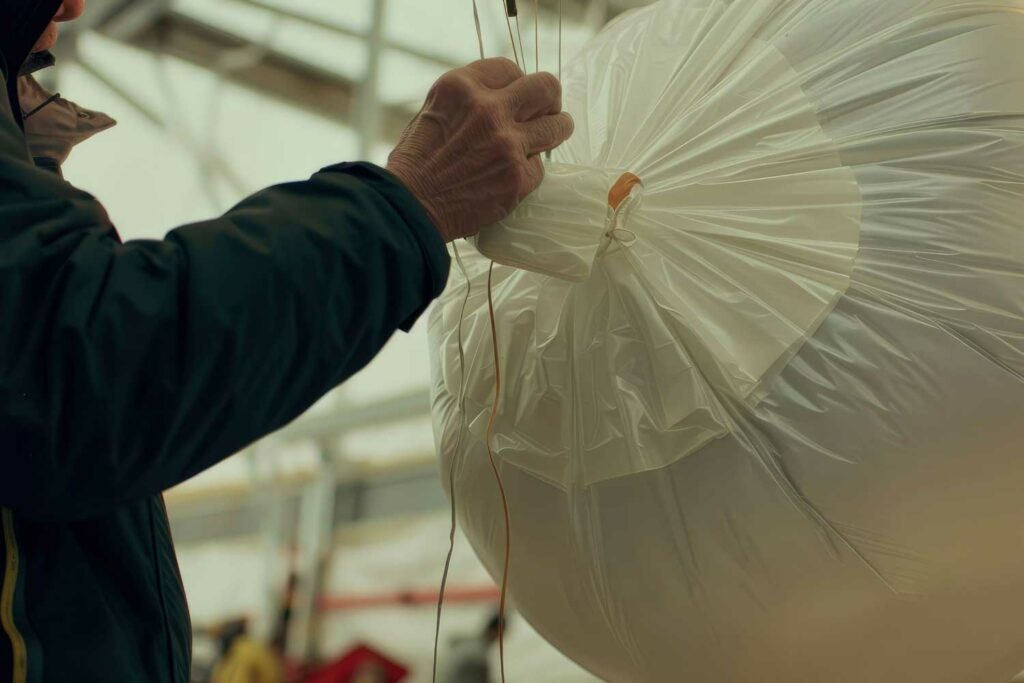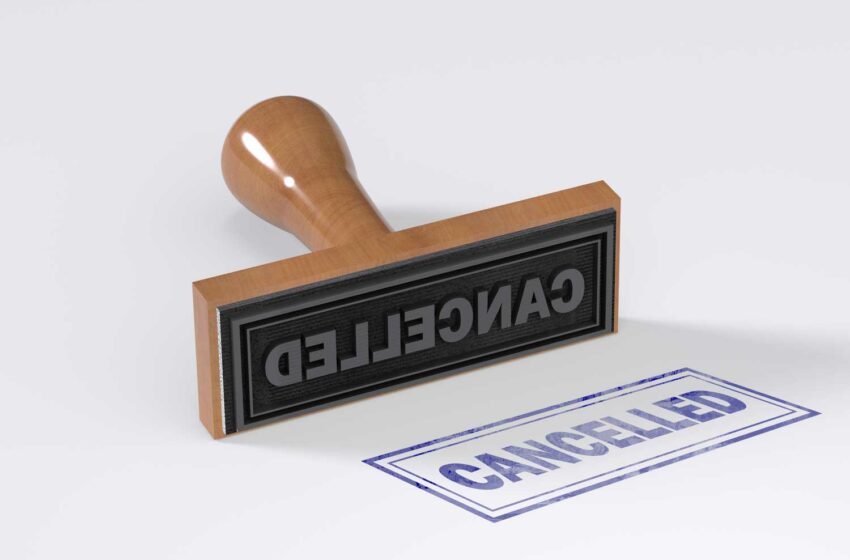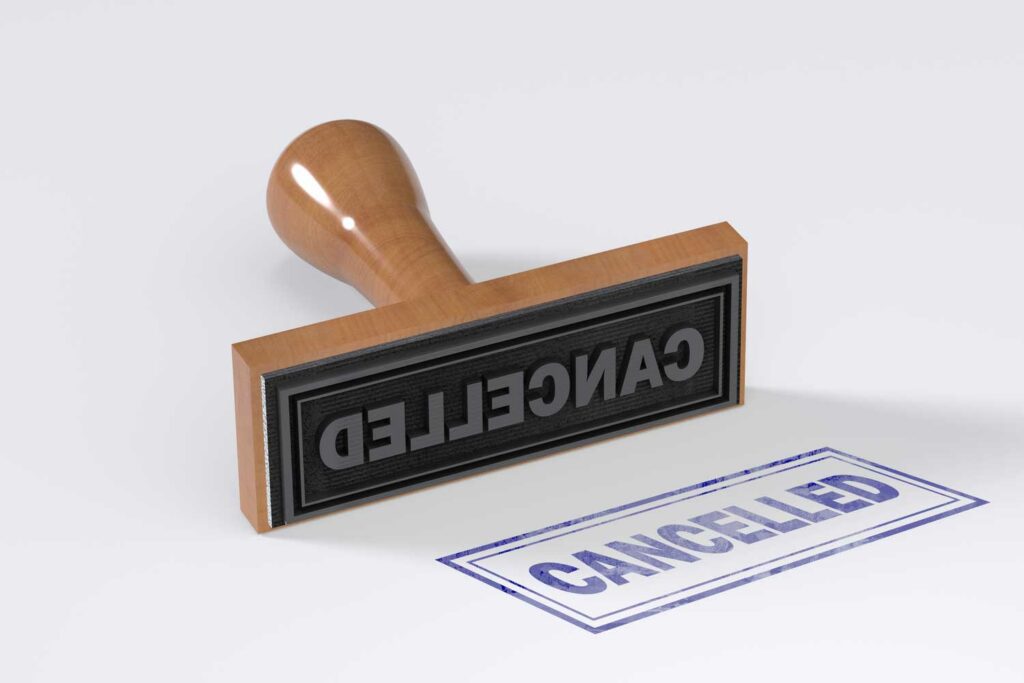
The U.S. Food and Drug Administration is seeking fines against two brick-and-mortar retailers and nine online retailers. The FDA previously issued warning letters to these retailers for their sale of unauthorized tobacco products; however, follow-up inspections revealed that the retailers had failed to correct the violations. Accordingly, the agency is now seeking a civil money penalty of $20,678 from each retailer.
To date, the FDA has filed civil money penalty complaints against 70 manufacturers and 160 retailers for distribution and/or sale of unauthorized tobacco products. These actions reflect the FDA’s continued dedication to bringing enforcement actions against entities along the supply chain that violate the law relating to tobacco products.
The FDA has currently authorized 34 e-cigarette products and devices. The agency maintains a printable one-page flyer of all authorized e-cigarette products that retailers can easily consult to determine which products may be lawfully marketed and sold in the United States. Entities manufacturing, importing, selling or distributing e-cigarettes that lack the required premarket authorization risk enforcement actions.


